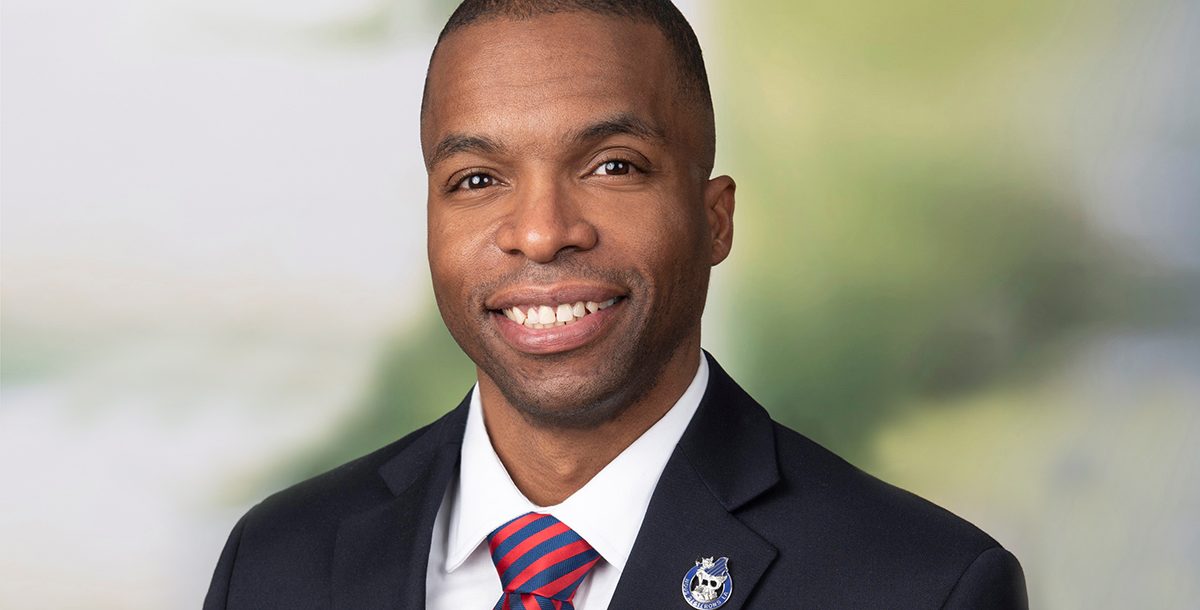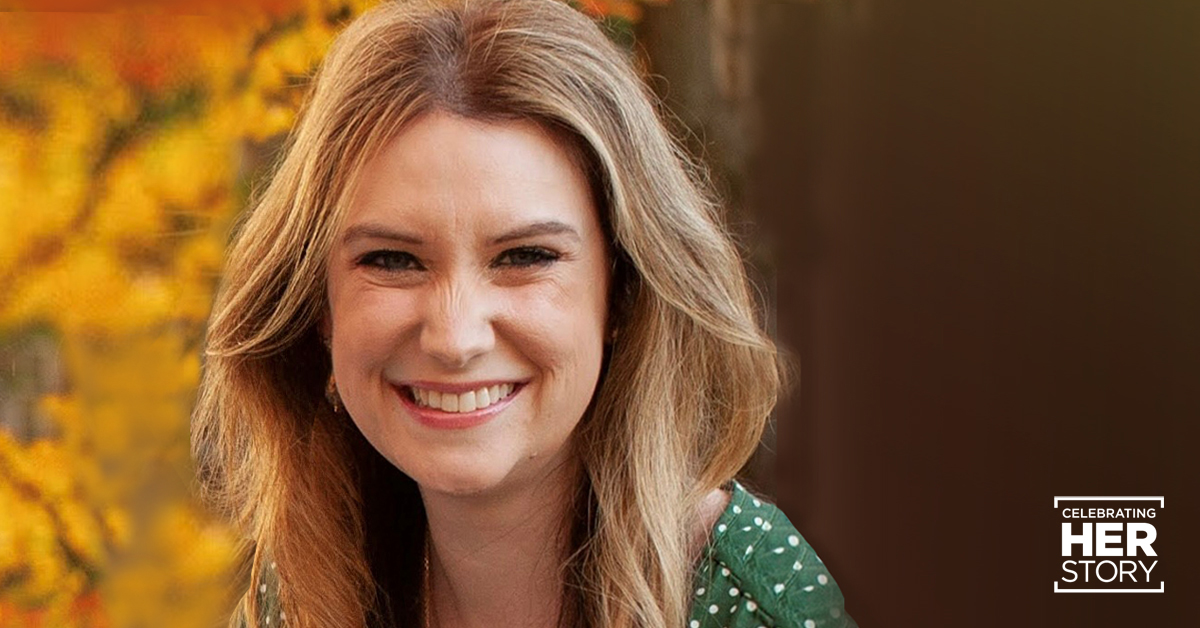Joseph May, director of mission for Bon Secours St. Francis Medical Center and Bon Secours Richmond Community Hospital, is a man who wears many different hats. In addition to his role with our ministry, Joseph also serves on our Richmond market’s Leadership Council for Diversity and Inclusion. The goal of this council is to support our ministry’s diversity, equity and inclusion strategic plan and connect it to our market priorities.
Diversity & Inclusion is an important strategic priority for our ministry. This is because we know excellence in this area allows us to better support our team members, care for our patients and better serve our communities.
Juneteenth, the national celebration of abolishment of slavery in the United States, is approaching and Joseph was kind enough to share a few thoughts as he reflects on what this day means to him and what he hopes others will take away from it. Checkout his firsthand thoughts in the Q&A below.
Q: What does Juneteenth mean to you?
A: Juneteenth reminds me that if people are denied information, resources and education, they can and, more than likely will, remain under an oppressive system designed to keep them docile and ignorant.
Q: What advice do you have for people who may want to recognize Juneteenth but don’t know how to?
A: First and foremost, educate yourself so you do not run the risk of offending someone. Secondly, talk with someone about Juneteenth and share what you have learned. And lastly, create a call to action and see what you can do to help to both prevent and bring an end to oppressive behavior.
Q: What does Juneteenth mean for your Leadership Council for Diversity and Inclusion?
A: I’m hopeful that Juneteenth reminds our Leadership Council for Diversity and Inclusion that we must continually strive to provide resources and education to bring an end to health care disparity as well as systematic oppression.
In recognition of Juneteenth, we plan to recognize the holiday by providing an educational newsletter detailing the history, importance and impact of Juneteenth, followed by a privilege walk later in the month.
Q: How does Juneteenth give you hope?
A: Honestly, it does not give me hope. I do not find hope that it took a Civil War to end a wrong such as slavery. And then I think about the years of oppressive behavior, racist policies and unjust laws that followed. Entire generations have had to struggle to build some semblance of life to survive and thrive. Generations of free African Americans forced to go without basic resources and denied opportunities but told to make it work regardless of the disadvantages given.
Juneteenth does not so much fill me with hope as it does with wonder of when this selfish cycle of oppression will come to an end. Juneteenth creates a burden within me to fight, remain humble before the Lord, show mercy to others and to seek justice.
Q: How do you see Juneteenth’s connection to our ministry’s mission?
A: Juneteenth shows us compassion in action. The soldiers could have stopped their journey at any point in time, but they chose to continue until they completed their mission.
At Bon Secours, we are on the compassionate healing mission of Christ, and similarly, our mission must continue until Christ returns. No matter how weary we are or how tedious the journey, we cannot lose heart or stop. We must continually bring good help to those in need.
Learn more about our mission and how it inspires the work we do at Bon Secours.





